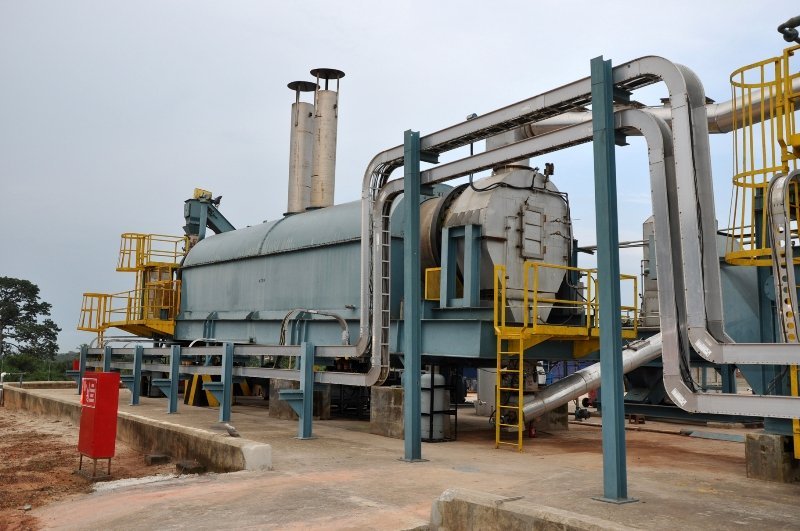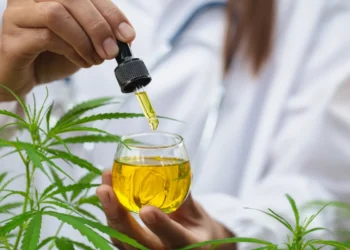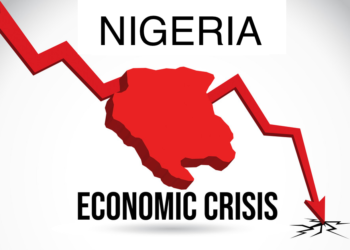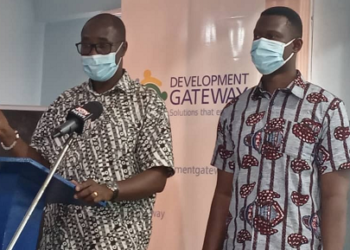Did you know that used oil from one motor oil change can contaminate one million gallons of portable water, which is a one-year supply of water for 50 people? This means managing oil and gas waste is so serious it should attract the attention just as the revenue generated from oil and gas production does.
For example, used motor oil is insoluble, persistent and can contain toxic chemicals and heavy metals. Oil is a complex hydro-carbon with many chemical compounds that are slow to degrade.
Oil and gas waste contaminates our environment
It is irrefutably obvious that the amount of threat posed to the atmosphere by oil and gas waste across the world is under estimated because research has shown that air contaminants associated with oil and gas production include benzene, carbon monoxide, methane, dust and a lot more.
It is very important to note that most of these contaminants are toxic and their presence in the atmosphere diminishes air quality and causes grave damage to the human body when inhaled.
The most recent global study case on oil spill disaster is the British Petroleum (BP) oil spill in the United States. More than 200 million gallons of crude oil was pumped into the Gulf of Mexico for a total of 87 days, making it the biggest oil spill in U.S. history.
About 16,000 total miles of coastline have been affected, including the coasts of Texas, Louisiana, Mississippi, Alabama, and Florida, and even though the gushing well was capped in July 2010, oil is still washing up on shores, which may cause long-term damages to people living in the area.
Ghana’s oil and gas industry has huge potentials
The discovery of oil in commercial quantities in July 2007 placed Ghana’s oil and gas industry on firm grounds, providing a new economic turn for Ghana’s donor and traditional export dependent, import-driven economy.
Ghana is believed to have up to five billion barrels (790,000,000 m3) to seven billion barrels of petroleum in reserves, making it the sixth largest in Africa, and the 25th largest proven reserves in the world. In addition, Ghana has an estimated six trillion cubic feet of natural gas in reserves.
The news of Ghana’s oil find, brought with it, several cautions and admonitions. Agitations about the management of Ghana’s oil revenues reached a crescendo, but almost lost in conversations that ensued was the management of oil waste.
Hazardous waste is generated in the various phases of production of oil and gas. Inadequate treatment of this waste can threaten human health and safety, as well as degrade the environment. One prominent Ghanaian company leading the way in managing and treating oil waste in Ghana is Zoil Services Limited.
Zoil’s commitment to oil and gas waste management
With the health and safety of Ghanaians, protection of the environment and natural bodies at heart, Zoil Services Limited, a waste management company, situated at Nyankrom in the Shama District of the Western Region, is officially in business to manage Ghana’s oil and gas waste.
Zoil has deployed a state-of-the-art technology, which is the first to be seen in Ghana. Zoil’s Anaerobic Thermal Desorption Unit (ADTU) specialises in the treatment of drilling waste, oily water, crude oil tanker bottoms and marine waste.
Others are drill cuttings, oily sludge, filter cakes, engine and hydraulic oil, galley grease and soil contaminated with certain categories of hydrocarbons, among other things.
It also specializes in oil and hazardous waste treatment, oil spill recovery services, tank cleaning and general oil and gas waste management advisory services.
Certified by the relevant regulatory bodies, Zoil, with its dedicated team of qualified scientists, technicians, health and safety engineers, and other allied professionals, is nurturing the vision of becoming one of the leading industrial waste management companies in the sub-region.
Conclusion
The official commissioning of Zoil Services Limited in May, 2014 was a good sign of many good things to happen to Ghana’s nascent oil and gas industry.
Zoil has carefully engaged community leaders, and obtained buy-in from many stakeholders. It has also started contributing to the development of the local community, by providing employment opportunities and implementing corporate social responsibility activities.
It is, therefore, not surprising that companies operating in Ghana’s oil and gas industry have started engaging the professional services of Zoil Services Limited, and it is the hope of Ghanaians that the company would deliver on its core operations to free Ghana from unforeseen circumstances as far as the industry is concerned.















